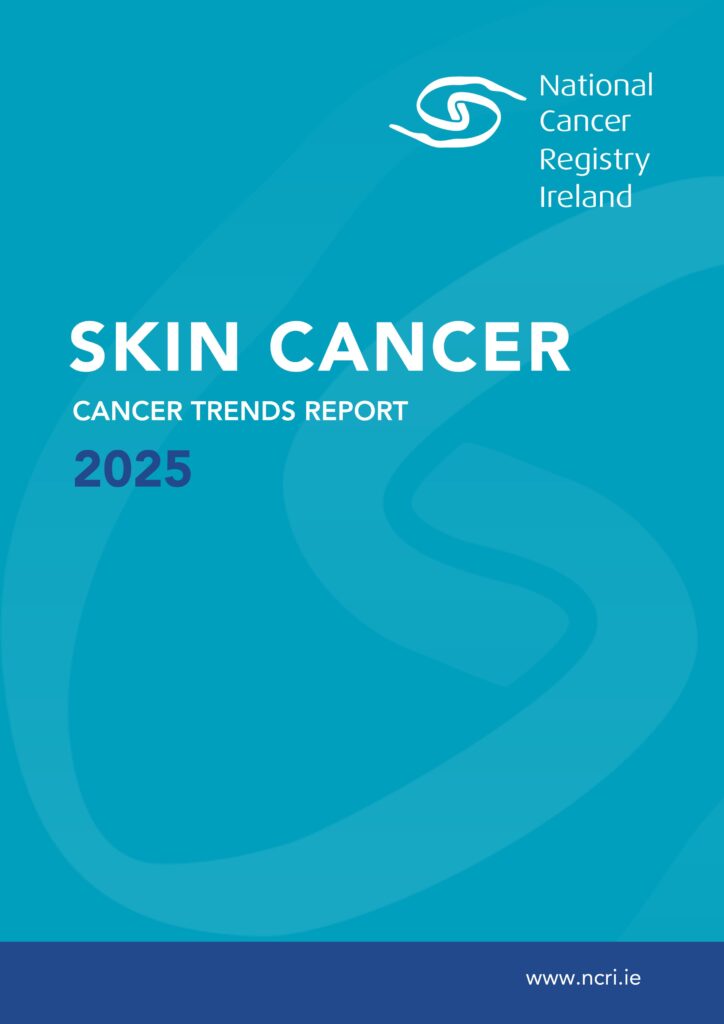Pregnancy and psoriasis
Over the last decade or so, research has provided greater insights about the the course of psoriasis during pregnancy and the safety of newer treatments, particularly for moderate-to-severe psoriasis. This is an evolving area and the science is complex, so your consultant dermatologist supervising your care will be able to advise you when considering planning a pregnancy.
What is psoriasis?
Psoriasis is a common, non-contagious, long-term, immune-mediated inflammatory disease in which there is an increase in the rate at which skin cells are produced and shed from the skin. Psoriasis affects at least 100 million people worldwide, including upwards of 73,000 people in Ireland, suggesting a prevalence of close to 2% of the Irish population. It is estimated that around 9000 people in Ireland have severe psoriasis.
Fifty percent of psoriasis patients are women and the majority of these are diagnosed with psoriasis during their reproductive years. With this in mind, if a woman is considering becoming pregnant, it is important she has a conversation with her consultant.
Course of psoriasis during pregnancy
Approximately 50% of women experience an improvement in their psoriasis symptoms during pregnancy, while others report no change or a worsening of their condition. However, it is thought that good disease control during pregnancy may optimize the health of both the mother and the baby.
Why can women experience differences in their symptoms during pregnancy?
Pregnancy is characterised by hormonal and immune system changes. It is believed that an individual’s genetics, as well as fluctuating maternal hormones contribute to either an improvement or a deterioration, of psoriasis. Unfortunately, there is no way for a doctor to know or predict how a woman’s psoriasis will react when she becomes pregnant as it varies from woman to woman, and from pregnancy to pregnancy.
Psoriasis treatments
Treatment can be divided into four main categories; Topical treatments: e.g. creams, ointments, lotions, gels, foam or mousse applied directly to the skin.
- Phototherapy: a form of artificial ultraviolet light, delivered in hospital dermatology departments.
- Systemic treatments: medications taken in the form of tablet, liquid or injection that work throughout the body to control the psoriasis.
- Biologic agents: targeted medicines used to inhibit part of the immune system that drive inflammation. These are mainly injections but some are now being developed in table form.
In recent years, the new biologic agents have significantly broadened the range and efficacy of treatment options available, revolutionising the care of psoriasis patients and these have become the ‘mainstay treatment’ for many with moderate to severe psoriasis.
Experience with biologic agents during pregnancy remains limited because pregnant women are usually excluded from clinical trials. While research has provided greater insights about the safety profile of these newer treatments during pregnancy, most of the data comes from their use in pregnant patients with rheumatoid arthritis and inflammatory bowel disease, where there has been no increase in pregnancy complications.
Will treatment change during pregnancy?
This will depend on a number of factors, some of which include:
- The type and severity of psoriasis
- Current treatment
- Recommendations by your doctor
- Your / the patient’s choice
It is very important to keep your doctor informed of your plans.
Things to keep in mind:
Conception
If a person is on a treatment where pregnancy should be avoided, it is extremely important to use a reliable form of contraception. For example, according to the British Association of Dermatologists, men and women should take effective contraceptive precautions whilst taking methotrexate and for at least 3 months after stopping this drug.
So, if planning on starting a family, it is very important for both males and females to discuss conception plans with the consultant supervising their care.Options should be discussed early on to alleviate any potential stress.
Pregnancy
The decision on the type of treatment for psoriasis during pregnancy or breastfeeding is a personal one, to be discussed between a patient and her doctor. If you require treatment, your doctor can recommend treatment options that are best for you.
Moisturisers/ emollients will not clear your psoriasis but they will soothe your skin, reduce scaling and are safe to use during pregnancy.
After the birth
The majority of patients report a flare of their psoriasis in the weeks following the birth of their baby. It is very important to stay in touch with your dermatologist in anticipation of this.
Also, for those that are treated with biologic agents during pregnancy, there is strict guidance on when it is safe to administer live vaccinations to your baby.
For more information about psoriasis, visit our Psoriasis Section to download our booklet, What you need to know about Psoriasis or contact the ISF Helpline for one-to-one information and support.












